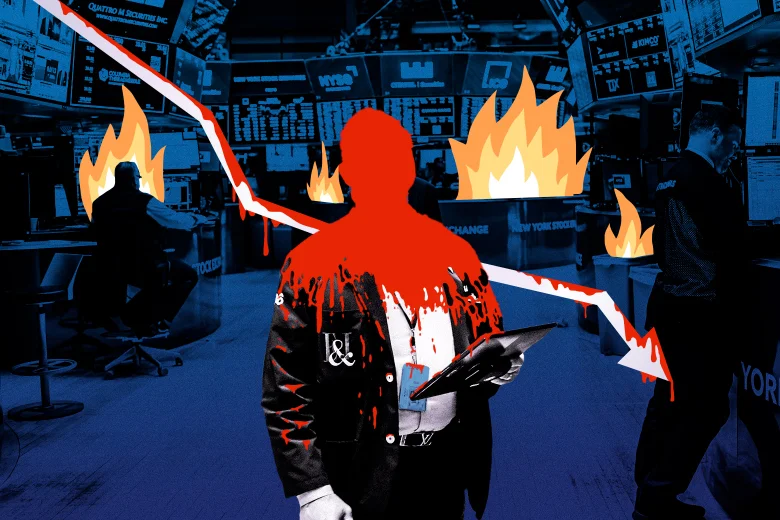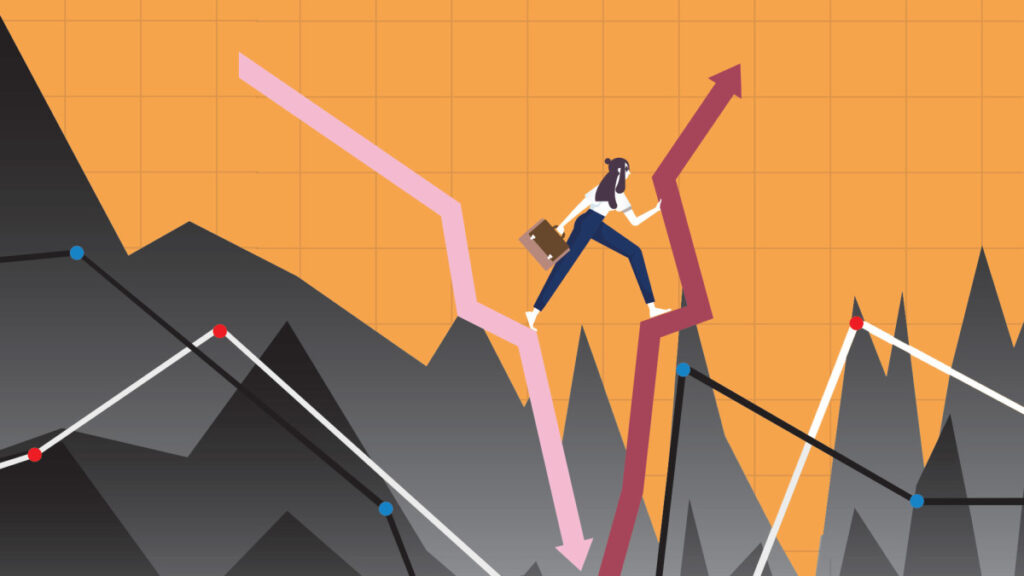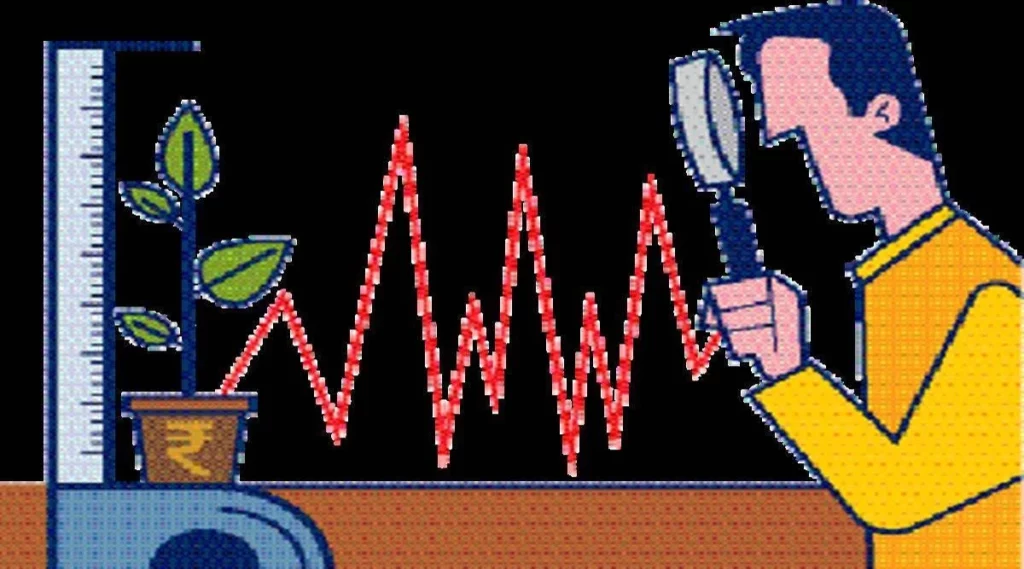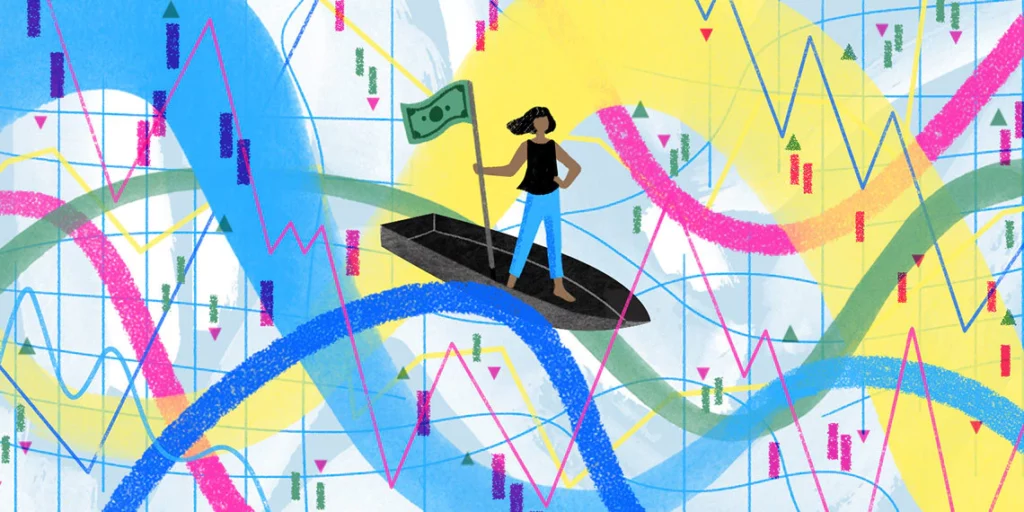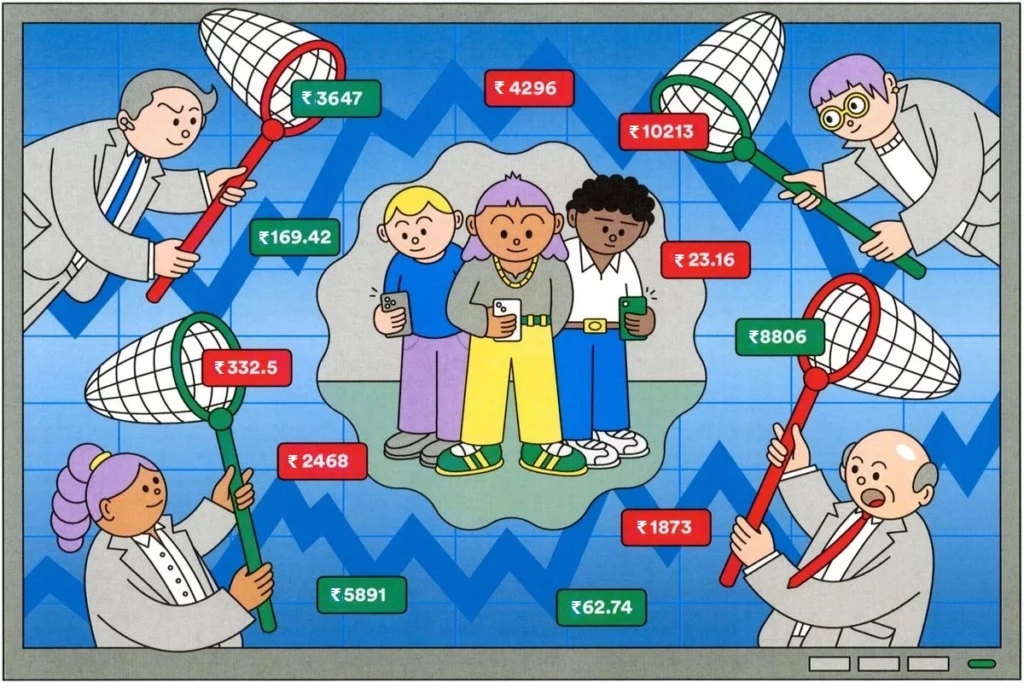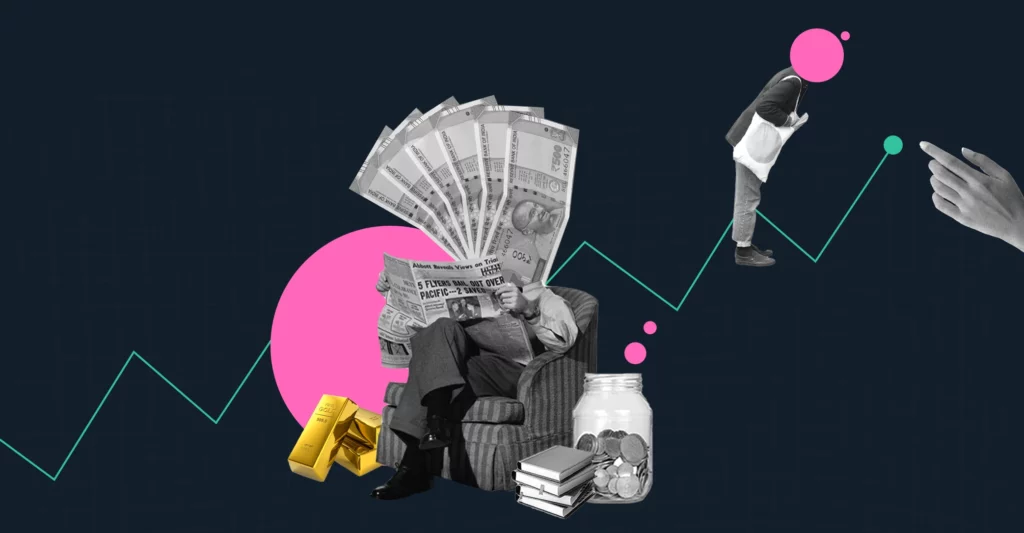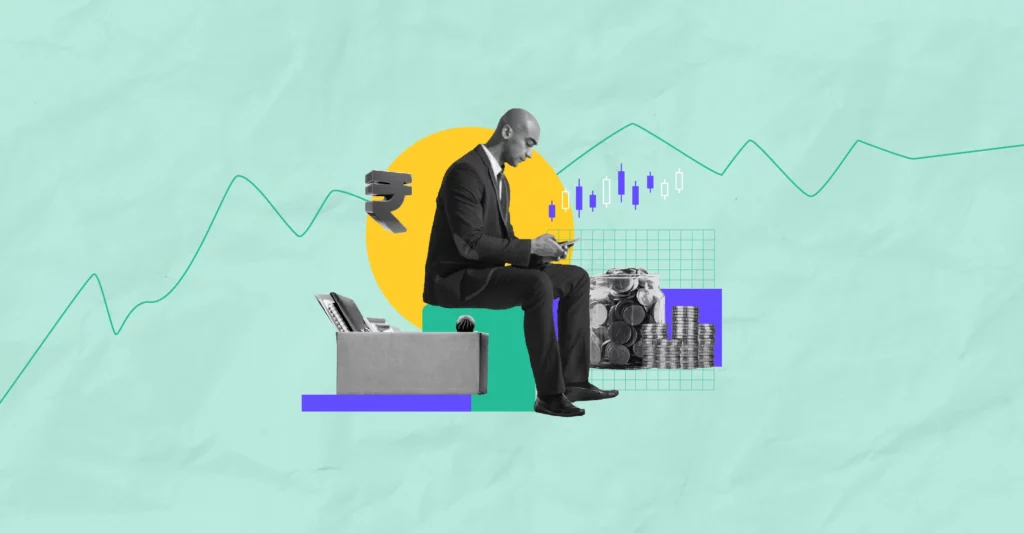Psychology and Risk Management
• What to expect
• Risks
• Position sizing
• illusion of control
• Accepting critisism
• Paralyzed by fear
• Loss is a feedback, not a failure
• The flexible trader
• Focusing on the positive
• Short straddle
• The dynamics of greed
• The herd mentality
• Notes
The “established” investment community has many people who are keen to clarify that investing is not gambling. Gambling carries a lot of bad connotations in the popular mind. When the topic of professional gambling is brought up, the majority of people immediately picture compulsive gamblers who recklessly blow through their wages and other essential funds for their daily survival. However, gambling is not always “evil” or “bad.” In fact, traders who make a living at it are simply gamblers. It all comes down to developing the proper mindset—the cool, analytical mindset of a seasoned gambler.
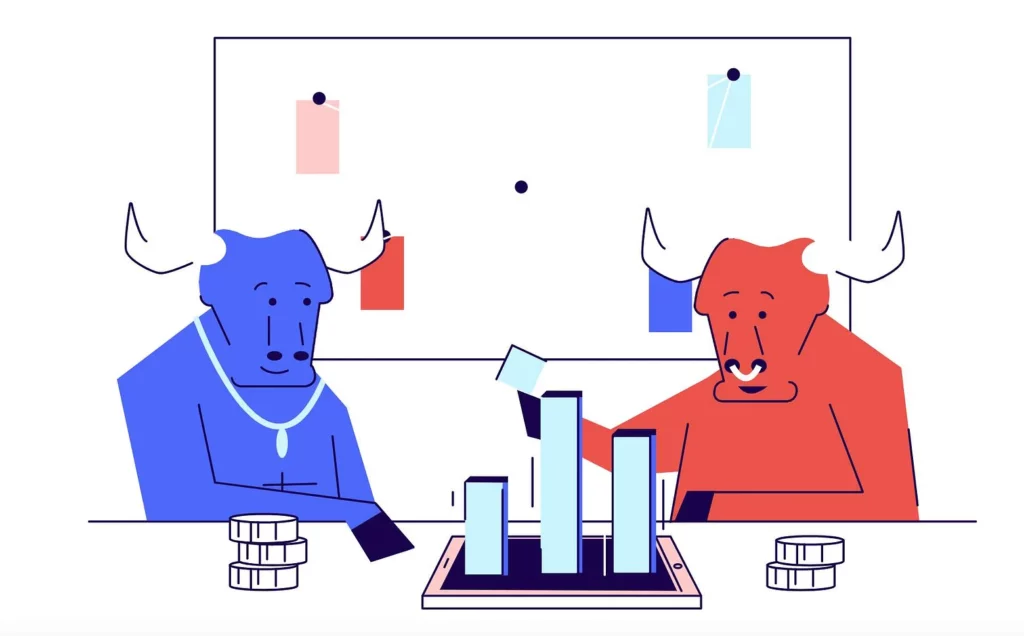
Trading is a sort of gambling, but it’s important to distinguish between obsessive, recreational, and professional gamblers. Gambling addiction is present in compulsive gamblers. They play games of chance to feel elated and rush. They have no discipline at all. Obviously, a compulsive gambler or trader has no place in the trading world. However, a lot of people mix up compulsive and professional gamblers, despite the fact that they are diametrically opposed. Professional gamblers and traders may engage in risk-taking, but they do so with caution. They first search for high probability trade setups before placing a wager.
Social gamblers, sometimes known as amateur gamblers, only gamble for fun and leisure. They set aside a set sum of money for gambling entertainment and use it just like they would for a show, concert, sporting event, or other enjoyable activity. Fun is fun, thus it makes little sense for a social gambler to construct a thorough plan for taking down the casino or meticulously minimising risk, for instance, at the blackjack tables. Gaining excitement and holding out hope that one will get Lady Luck on one’s side and win a large prize are both fun aspects of social gaming.
However, a lot of new traders make the error of viewing trading as amateur, sociable gaming. Trading is seen by them as fun. This approach to trading is fine if you have money to burn, but the majority of us want to make money. Furthermore, a social gambling mentality can quickly deplete your trading account. Changing this mindset is essential if you are serious about trading professionally. Although you might like trading, the primary goal of professional trading is to make money. That entails developing effective trading techniques as well as rigorous risk management, self-control, emotion regulation, and the ability to execute trading plans when in a peak performance level.
Don’t engage in deals only to feel excited. Look for trade setups with a high likelihood of success, then wait until you discover one where you can profit. The phrase “you’ve got to know when to fold ’em” is used by gamblers. When it comes to risk management, you must also behave like a seasoned gambler. Trading involves patiently waiting for the odds to change in your favour, just like a seasoned gambler. A professional gambler takes extremely little risk on each throw of the dice in order to prepare for and stop a losing streak.
It helps to think about trading as high-stakes gambling. It gives it the correct context. Instead of being a novice player, you are the casino who meticulously evaluates the odds, ensures that they are in your favour, and uses the “law of averages” to your advantage to make sure that, over a large number of deals, you make a sizable profit. You will trade profitably and regularly if you give up an amateur mindset and adopt a professional one.

